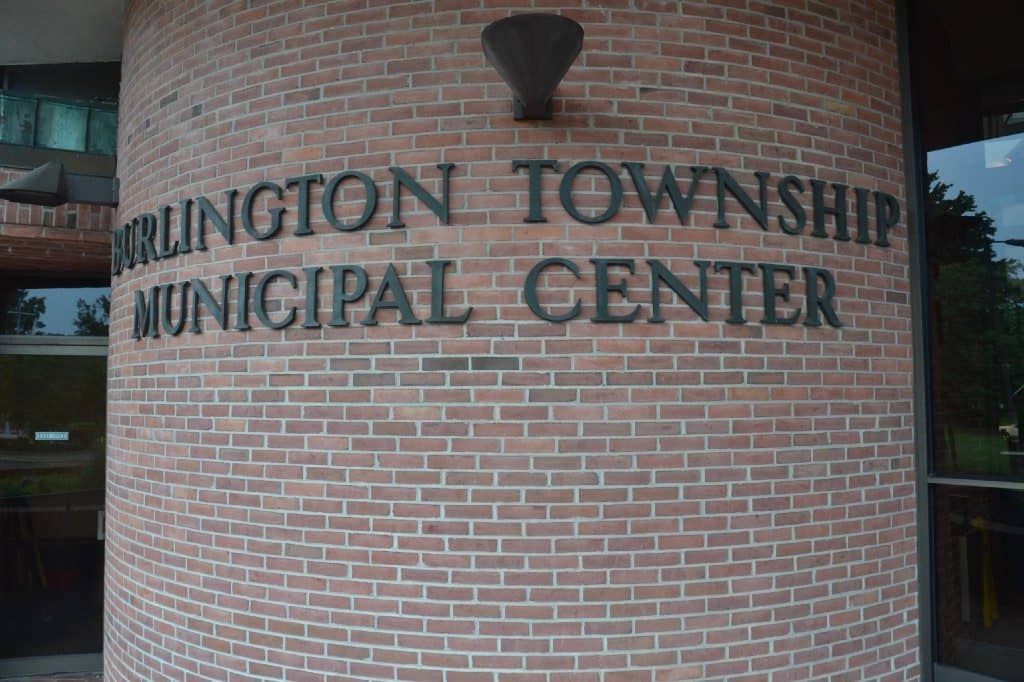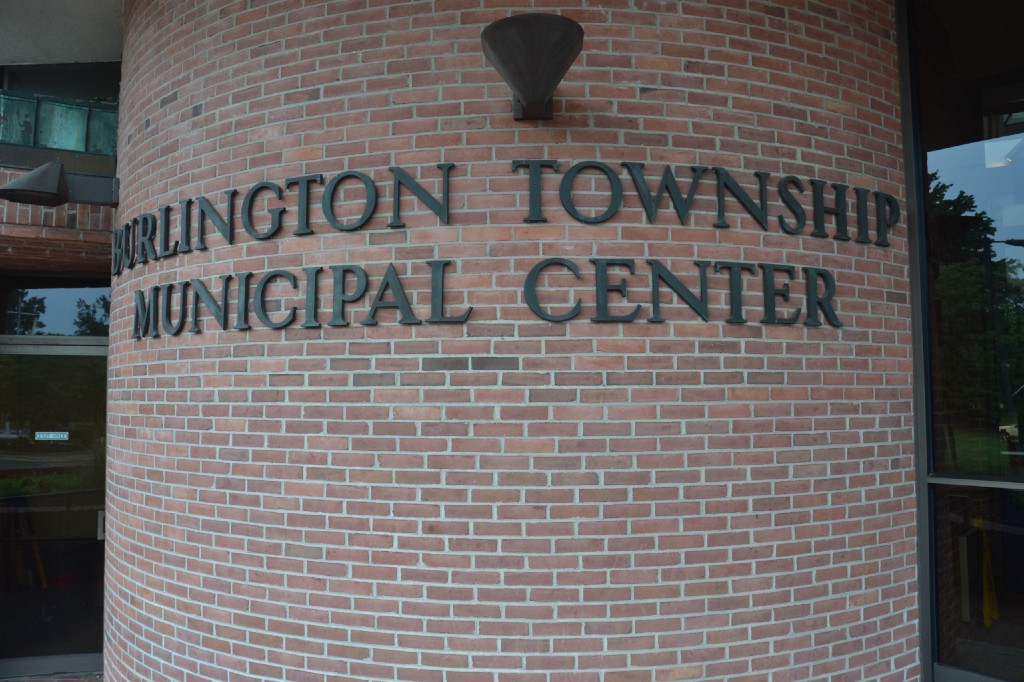
Arrangement would allow third-party firm to pressure banks that own foreclosed properties with fines

Burlington Township officials are looking into the possibility of working with a third-party company to crack down on vacant and abandoned property owners.
Representatives from Borgers, Saunders, Taylor and Associates were brought in June 12 to give a presentation to Township Council.
The company, which is based in Glen Ridge, Essex County, works with municipalities in the state to put pressure on banks and other entities that own vacant properties by increasing fines and registration fees.
Anthony Trappanese, the township’s housing inspector, said many bank-owned properties in the township are neglected and become eyesores. That leads to lower property values for other homes in the neighborhood, he added.
Trappanese estimated that banks own between 100 and 200 foreclosed properties in the township.
“They (BSTA) hit them where it hurts,” he said. “They hit them in the pocket. They hit them with fines.”
He recommended Township Council give BSTA a trial run by allowing it to work on a few properties.
Township Administrator Walter Corter said he and his staff have additional background work to do on the issue before coming back to council with a recommendation.
Dwight Saunders and Kris Taylor, two of BSTA’s partners, told Council the company can help the township by getting rid of problems associated with vacant properties while bringing in additional revenue.
“The truth is, banks are financially motivated entities,” Taylor said. “If you don’t have teeth, if you don’t have the ability to fine them heavily, they’re not going to comply.”
Trappanese said the township has the ability to issue banks fines of $1,500 a day for maintenance violations and $2,500 a day for failing to register vacant properties. All vacant properties in New Jersey must be registered with the local municipality by law, he said.
If the township hires BSTA, the company’s employees would become deputy public officers, which would allow them to issue tickets and fines, Taylor said.
He also said BSTA would work with the township solicitor on ordinances aimed at making it harder for banks to sit on vacant properties for years.
Saunders said the company can also take problem property owners to court.
“We hold the banks accountable. We bring them into court,” he said. “We hold them accountable, and they act on it.”
Mayor Brian Carlin asked the company about whether the arrangement has been challenged in court.
“If we don’t have something that’s tested and consistent, I have some concerns about becoming the test case,” Carlin said.
Taylor said there have been several court challenges he is aware of but none that have been successful. He said BSTA is currently working on a trial run with Burlington City and is in the process of doing the same thing with Willingboro.
Trappanese said the opportunity to work with the firm represents “untapped potential” for the town.
He said BSTA brought in $100,000 a month while working in Bridgeton. Trappanese also said the company brought two problem property owners to court in Burlington City and won large cash settlements.
Taylor said some people might see the arrangement as just an extra moneymaker for the township. However, he said financial pressure is the only way to pressure the banks to clean up foreclosed properties.
“The fines and the results that we’re looking for — they’re not separate,” Taylor said.
In other news, Township Council at its June 12 meeting unanimously authorized a five-year tax abatement agreement with a development firm that plans to build a 97,500-square-foot warehouse on Commerce Drive.
The ordinance states the project will create an estimated 60 permanent jobs and have a positive impact on the township’s tax base.
Exeter Property Group, the company involved in the deal, has already built two warehouses nearby.









